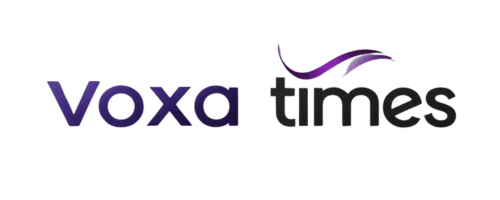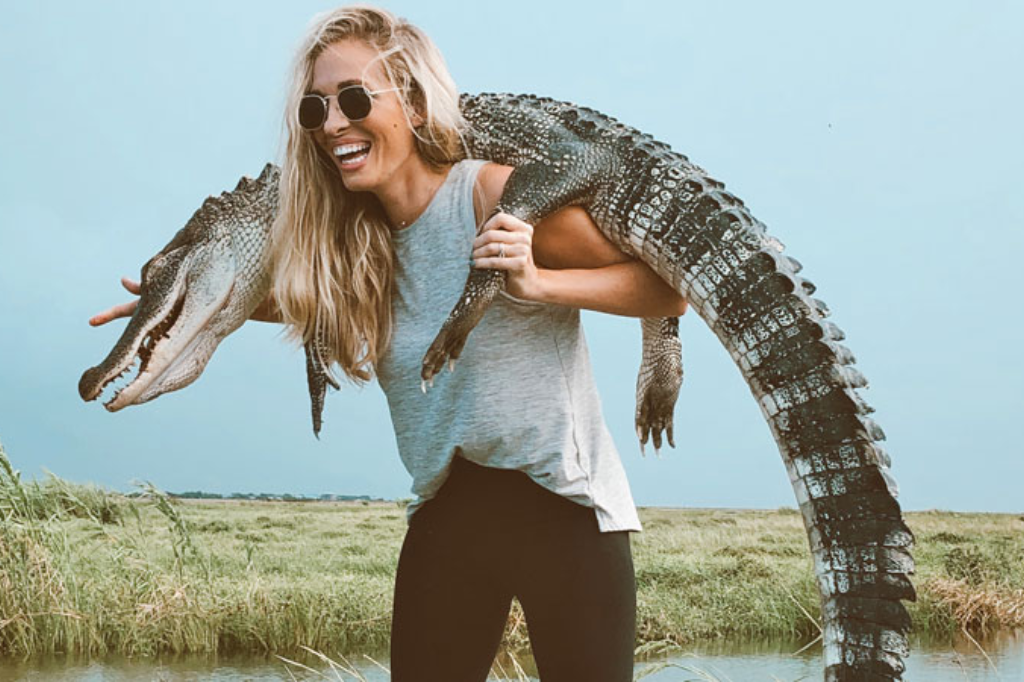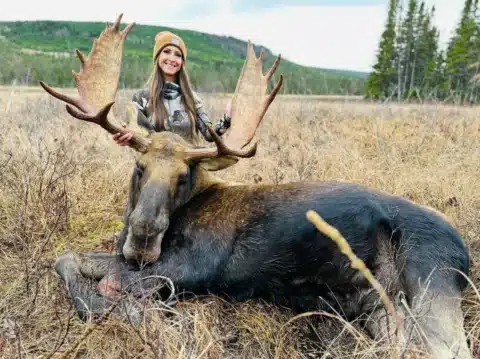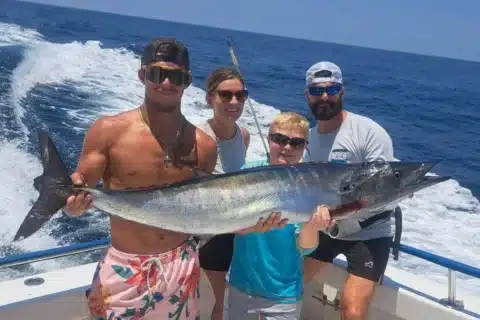Introduction: Understanding Alligator Hunting in the U.S.
Alligator hunting is a regulated and rewarding outdoor activity with deep cultural roots in the southern United States. States like Florida and Louisiana lead the way in managing healthy alligator populations through structured hunting programs. Whether you’re a seasoned hunter or a first-timer, understanding the rules, tools, and techniques behind alligator hunting is essential for a safe and legal experience.
This guide explores where, when, and how to hunt alligators, the costs involved, and why American alligators hunt alone, offering a well-rounded, factual, and responsible take on this unique pursuit.
What Is Alligator Hunting?
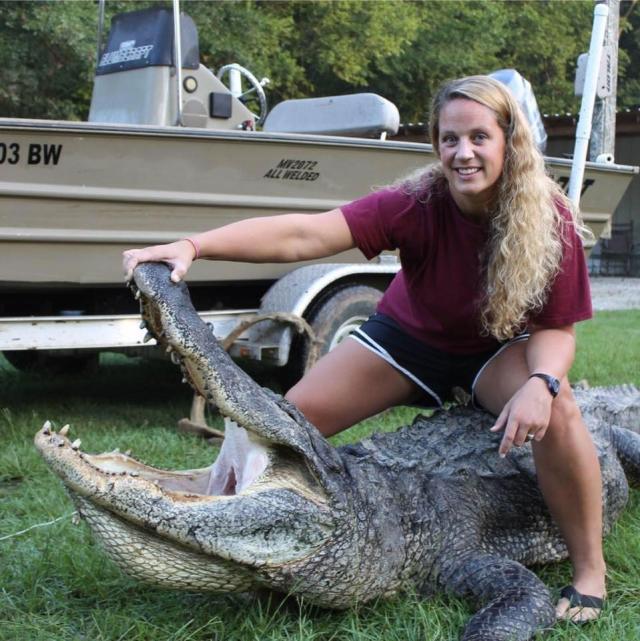
Alligator hunting involves legally harvesting alligators under strict state regulations. It’s conducted during a limited season using specified methods and requires hunters to obtain permits or harvest tags.
The purpose is two-fold:
- Wildlife management: Prevent overpopulation and protect ecosystems.
- Economic benefit: Hunters harvest meat, hide, and bones for personal or commercial use.
Where Is Alligator Hunting Legal in the U.S.?
The most popular states for recreational alligator hunting are:
- Florida
- Louisiana
- South Carolina
- Georgia
- Texas
- Mississippi
Among these, Florida and Louisiana are the most established, with well-documented seasonal hunting programs.
Can You Hunt Alligators in Florida and Louisiana?
Yes. Both states allow alligator hunting through regulated permit systems:
Florida
Managed by the Florida Fish and Wildlife Conservation Commission (FWC). Each year, approximately 7,000 permits are issued via lottery for public waters.
Louisiana
Governed by the Louisiana Department of Wildlife and Fisheries (LDWF). Hunters receive tags based on land ownership, leases, or special draw programs.
These programs are vital in ensuring a balanced alligator population.
When Is Alligator Hunting Season?
Florida Alligator Hunting Season (2025)
- Start: August 15
- End: November 1
- Available throughout the state in designated management units
Louisiana Alligator Hunting Season (2025)
- East Zone: August 27 – September 26
- West Zone: September 3 – October 3
- Hunters must harvest alligators during daylight hours only
Each state publishes updates before the season begins. Always confirm the official dates and zone maps.
How to Get Alligator Hunting Permits & Tags
Florida Permits
Apply via the FWC online portal
Application opens in May–June
Two alligator harvest tags per permit
Cost: ~$272 (residents) / ~$1,022 (non-residents)
Louisiana Tags
- Allocated to landowners and hunters leasing private wetlands
- Cost: ~$25–$150 per tag
- Must hold a Basic Hunting License + Alligator Hunter License
- The application typically opens in July
How Much Does a Alligator Hunter Make?
While most hunt recreationally, experienced hunters or guides can earn money through:
- Selling alligator meat (approx. $5–$15/lb)
- Selling hides for leather (depending on size and condition)
- Running guided hunts ($1,500–$5,000+ per trip)
- Taxidermy or souvenir sales (skulls, teeth, claws)
Experienced hunters in Louisiana can earn up to $40,000 per season with sufficient tags and market access.
Popular Methods for Harvesting an Alligator
Hunting techniques are restricted by law and vary by state:
- Baited Hook-and-Line: Common and effective
- Harpoons and Crossbows: For close-range engagement
- Bang Sticks: Used once the gator is secured
- Snatch Hooks: Cast with heavy-duty fishing rods
- Spotlighting: Used to locate gators at night by eye shine (legal only with permit)
Always carry a valid hunting license, boat registration, and safety gear.
Why Do American Alligators Hunt Alone?
One of the most fascinating behaviors of American alligators is their solitary hunting style. Here’s why:
- Territorial Nature: Adult males in particular guard their feeding grounds
- Stealth Hunting: Solo hunting reduces noise and increases chances of ambushing prey
- Diet Variety: Alligators eat fish, birds, mammals, and even reptiles—most of which are caught silently
This behavior is instinctual and deeply linked to their role as apex predators in swamps and wetlands.
Florida Alligator Hunting Guides: Should You Hire One?
For those unfamiliar with swampland navigation or looking for a fully-equipped experience, hiring a guide is ideal.
What Guides Offer:
- Boat, equipment, and tags (sometimes)
- Safety expertise
- Guaranteed access to high-gator areas
- Meat and hide processing services
Search “Florida alligator hunting guides” to find licensed professionals in Orlando, Everglades, or Lake Okeechobee areas.
How Much Do Alligator Tags Cost in Louisiana?
Prices depend on land type:
- Private landowners: Receive tags through LDWF (minimal cost)
- Public land draw winners: Tags cost around $150 each
- Guided hunts: The guide covers the tag under their commercial license
Note: Tags are usually limited per hunter to 2 or more gators.
After the Hunt: Processing and Preservation
Once the gator is harvested:
- Register the kill with your state agency
- Process the meat (filet, tenderloin, ribs)
- Preserve the hide for tanning or sale
- Dispose of remains responsibly
Hides can be sold to tanneries or turned into high-value products like wallets, boots, or belts.
Ethical and Safe Hunting Practices
- Follow all FWC or LDWF rules
- Hunt with respect for wildlife and local property
- Use humane methods
- Wear protective gear
- Never exceed tag limits
Responsible hunting helps preserve this opportunity for future generations.
FAQs About Alligator Hunting
Q: How do I apply for Florida alligator hunting?
Through the FWC’s online application process in spring.
Q: Is it dangerous to hunt gators?
Yes, but with proper training, gear, and a guide, it is manageable.
Q: Are gators protected in the U.S.?
Yes, but under sustainable use policies—regulated hunting is permitted where populations thrive.
Q: Can I bring my own gear?
Yes, but it must comply with state regulations.
Conclusion: A Tradition Rooted in Conservation
Alligator hunting in Florida and Louisiana is not just about sport—it’s about conservation, respect for nature, and cultural heritage. With the right permits, ethical practices, and safety knowledge, anyone can enjoy this extraordinary experience while contributing to the management of one of America’s most iconic reptiles.
Whether you’re drawn by the adventure, income potential, or a desire to connect with the outdoors—now is the perfect time to explore the world of alligator hunting.
For More Latest News and Information Visit Now! Voxa Times.
